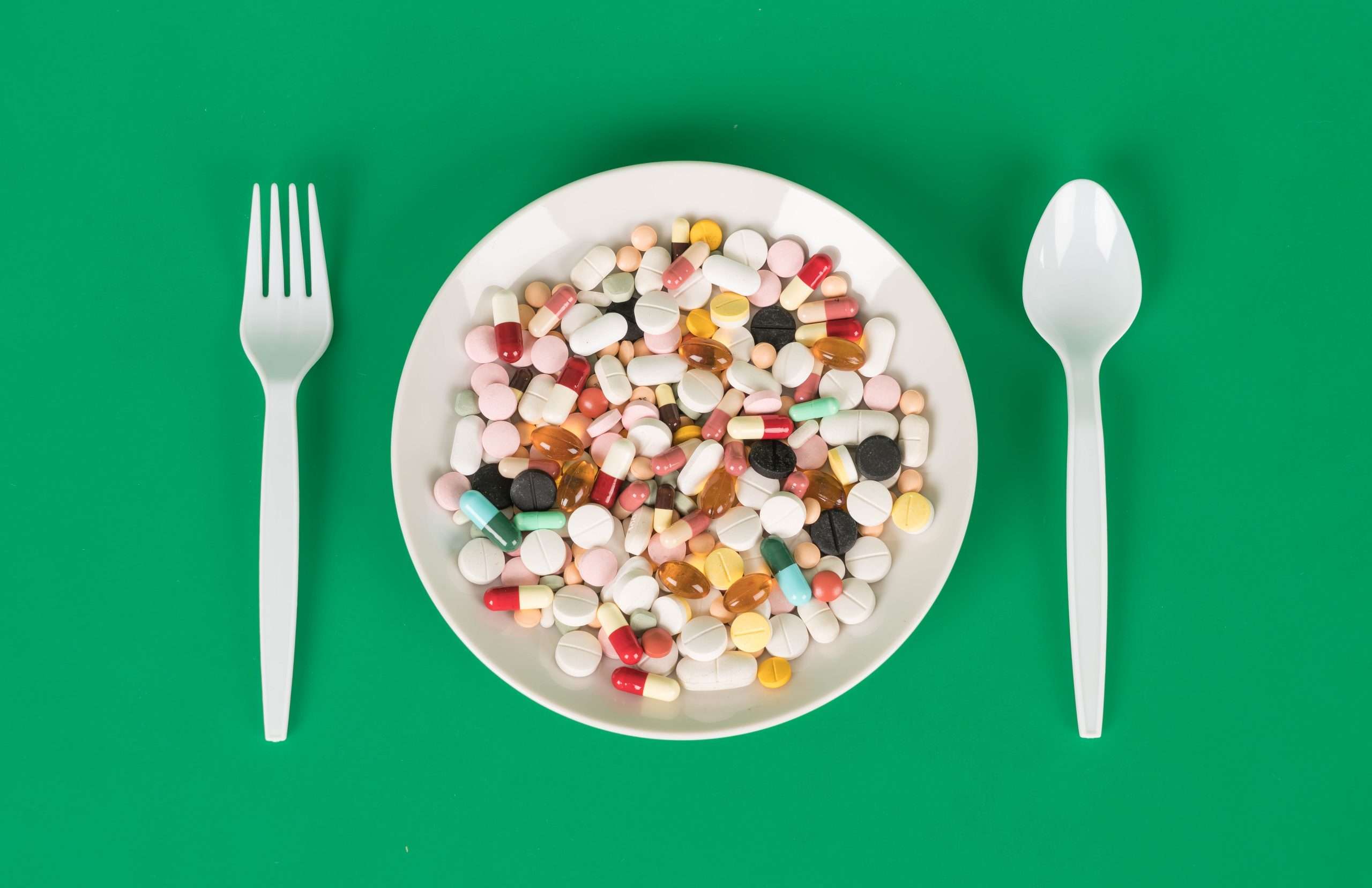
As stated in the previous blog article, selenium plays an essential role in many processes in the human body, including thyroid metabolism. In another blog article, we explained which foods are the best sources of selenium that you should introduce into your diet. Today, we would like to discuss when, how, and the best selenium supplements you may need and how to select them.
Selenium is a trace mineral that plays a key role in the production of thyroid hormones. Through its removal of oxygen free radicals generated during thyroid hormone production, selenium helps protect the thyroid gland from oxidative stress-induced inflammation or damage. Selenium deficiency can result in thyroid dysfunction. While it is true that this mineral nutrient can be obtained naturally through diet, some thyroid patients choose to take selenium supplements to ensure enough intake of the nutrient.
Before you choose any selenium supplement to manage your thyroid condition, here are some questions to ask yourself to help you make the right decision.
Do I really need a selenium supplement?
If you really are considering taking selenium supplements, this is perhaps the most important question that should be answered first and foremost.
There aren’t many studies where a selenium supplement was considerably more effective than a placebo in the management of thyroid diseases. One particular study that has shown strong evidence of the efficacy of selenium supplements in managing a thyroid-associated condition is a randomized, double-blind, placebo-controlled trial where selenium supplementation considerably improved quality of life and slowed disease progression in patients with mild Graves’ orbitopathy.
Typically, selenium deficiency should be detected by the laboratory first in order to state that there is a need for additional natural or synthetic sources of it in your diet. If no clear indication for a supplement is detected, enriching your diet with natural sources of selenium is more beneficial than any pills or capsules. This rule generally applies to most nutrient supplements, as nature has balanced out various products so the micronutrients are maximally absorbed and utilized.
While selenium deficiency may lead to autoimmune diseases such as Hashimoto’s disease or Graves’ disease, excessive intake of this trace mineral nutrient may also result in some adverse effects such as kidney failure, difficulty breathing, heart attacks and heart failure.
Moreover, mineral supplements may bring not only benefits but also some toxicity to your liver, kidneys, and other organs. Thus, we strongly advise you to talk to your doctor before making any decisions, even though you do not need their prescription for selenium supplements.

What is the right form of selenium needed?
In the case of a confirmed need for selenium supplementation, you may face the problem of choosing the most suitable form of the nutrient supplement.
Selenium exists in two forms: inorganic (selenate and selenite) and organic (selenomethionine and selenocysteine), and both of them may serve as a source of selenium. However, organic forms of selenium have been proven to have higher bioavailability levels, thus being better absorbed by the intestines. Selenomethionine is not only highly absorbable, but it has also been shown to have strong antioxidant properties. Research shows that the human body absorbs more than 90% of selenomethionine but only about 50% of selenium from selenite.
Organic selenium, especially selenomethionine, is often the recommended selenium supplement choice for thyroid patients due to its benefits for thyroid health. Some people, however, may prefer other forms of selenium due to specific health reasons or other personal reasons. It is, therefore, imperative to always consult with your healthcare provider to determine which form of selenium is best for you.
What is the recommended dosage and daily intake?
Selenium supplements are available in a wide range of dosages, from 50 mcg to 200 mcg per serving or more.
Even though the FDA recommends 55 mcg of selenium for adults and children aged 4+ years as a daily value (DV), we can’t estimate your need in supplement according to it, as this value is calculated for healthy people with no indications for additional selenium treatment.
Also, the DV includes both food and supplements; thus, all dietary sources must be taken into account to avoid an overdose of selenium – selenosis. Always consult with your healthcare professional to determine the appropriate dosage for your individual needs.
Is this supplement from a reputable brand?
When in search for a suitable selenium supplement, make it a point to choose high-quality supplements from reputable manufacturers. Usually, these are brands that have been around for a long time and demonstrate transparency about their manufacturing processes and ingredients. You should also look out for third-party certifications from recognized organizations such as NSF or USP.
Could I be allergic to this supplement?
While some selenium supplements may contain additional ingredients, such as vitamin E, that can enhance the health benefits of the supplement, they may also contain common allergens like wheat, soy, or dairy. According to the Food Allergen Labeling and Consumer Protection Act of 2004 (FALCPA), dietary supplements are required to have the presence of major allergens indicated in the list of ingredients. Some possible allergic reactions to selenium supplements include skin rash, itching, and swelling of the throat. Be sure to check the label for safe and high-quality ingredients. Before taking any selenium supplement, discuss with your healthcare provider any allergies that you may have.
As a side note, if you follow a vegetarian or vegan diet, you should look for selenium supplements that are labeled as vegan or vegetarian to ensure that they do not contain any animal-derived ingredients.
It cannot be overemphasized that besides the above-discussed questions that can help you in choosing the best selenium supplement for you, you should always consult with your healthcare provider to ensure that the supplement is safe and appropriate for your individual health needs.



